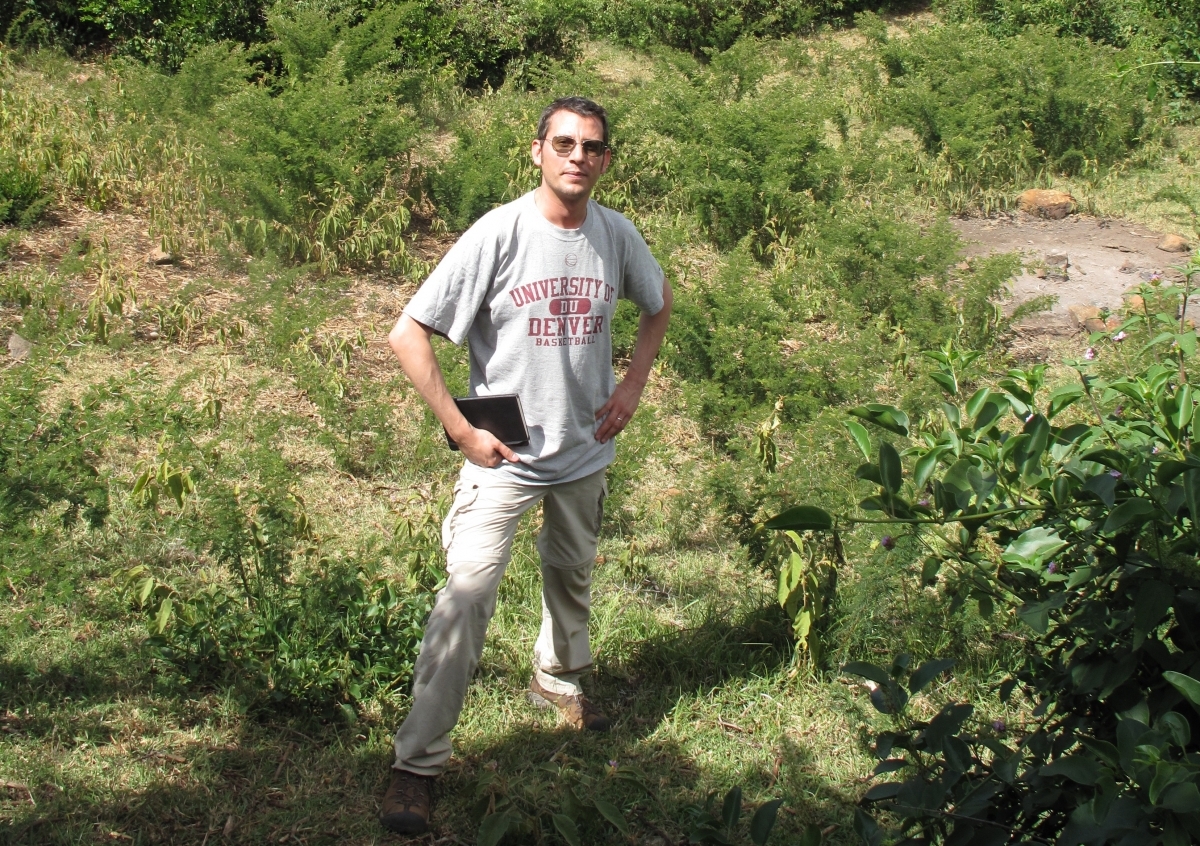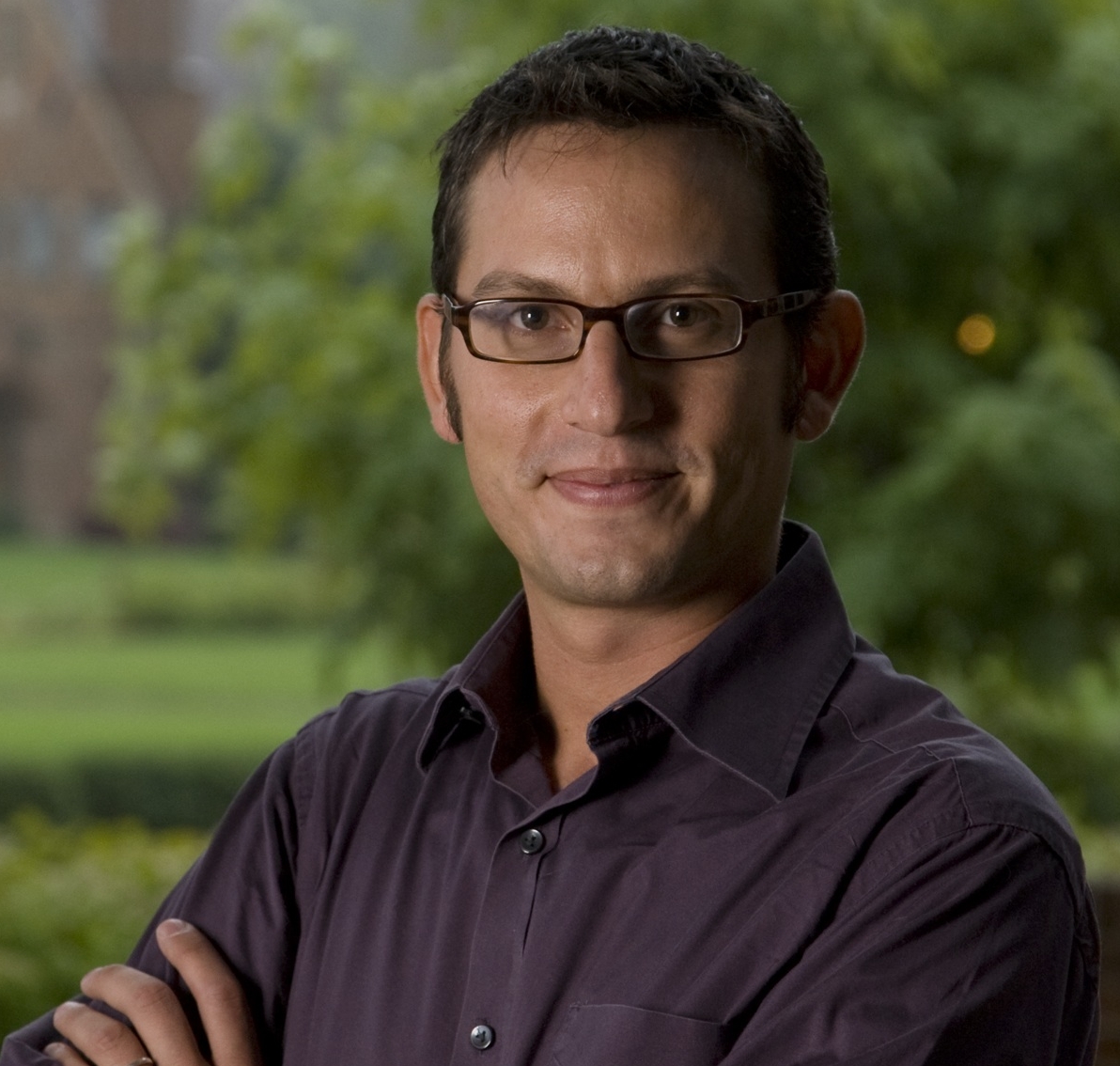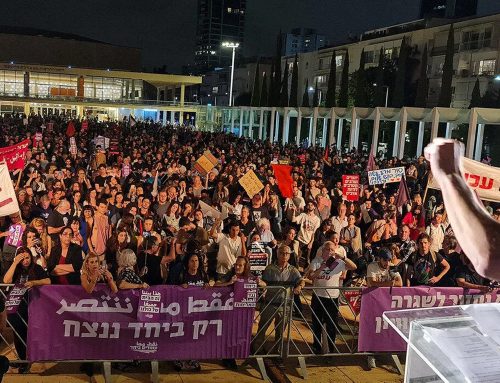
Adam Rovner in East Africa, one of the “promised land” locations he researched for his new book.
On my most recent trip to Israel—just a few weeks ago—I sat down to speak with Ofer, someone I’ve known for a quarter century. Ofer is a highly educated and strictly observant man who identifies with centrists among the national religious voting bloc. He and I have spoken about my research for my new book, In the Shadow of Zion: Promised Lands before Israel, many times in the past.
But this time, he told me that the plans for Jewish homelands my work describes were obviously kikayoni and would never have amounted to anything. The word kikayon comes from the biblical Book of Jonah and refers to a leafy plant that sprung up to shade the prophet one day and which died the next. Jonah grieves over the withering of the kikayon that shaded him from the blistering sun of Nineveh. In modern Hebrew, the term refers to something ephemeral or a scheme of no lasting value, like Jonah’s kikayon.
In Ofer’s view, the many proposals my work details to settle oppressed European and Russian Jews in Africa, Australia, North America, or South America were doomed from the start precisely because there was, is, and always will be only one Jewish homeland. In other words, for many religious Jews, the failure to create territorial sanctuaries for Jews prior to the establishment of the State of Israel proves an eschatological Truth: that there is a divine plan for national redemption in Eretz Israel.
 Most readers of my book probably won’t think that the narrative history I present serves any faith-based agenda. Still, it’s possible that those who most strongly identify with Jewish—not to mention Christian—tradition will find a confirmation of their beliefs in In the Shadow of Zion.
Most readers of my book probably won’t think that the narrative history I present serves any faith-based agenda. Still, it’s possible that those who most strongly identify with Jewish—not to mention Christian—tradition will find a confirmation of their beliefs in In the Shadow of Zion.
Adam Rovner is associate professor of English and Jewish Literature at the University of Denver. More about Prof. Rovner’s work can be found at www.adamrovner.com.
Editor’s Note: The Stroum Center is cosponsoring Prof. Rovner’s book reading and signing on January 12th at the University Book Store in Seattle. Click here for registration and event details.







Leave A Comment